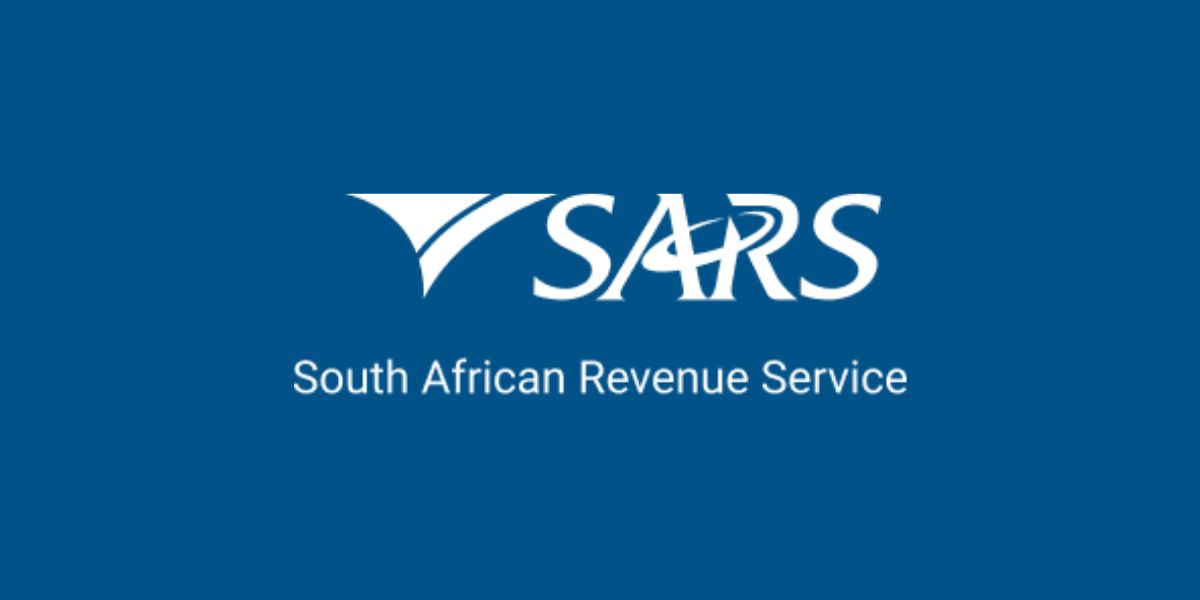On 15 May 2017 the South African Revenue Service (SARS) introduced important changes and improvements to its current dispute management process as part of its ongoing commitment to delivering a better service to taxpayers.
The following changes have taken place regarding the dispute management process;
Request for Reasons: SARS has, for the first time, implemented an electronic Request for Reasons via eFiling or via the SARS branches. The Request for Reasons automated functionality has been implemented for Personal Income Tax (PIT), Company Income Tax (CIT) and Value-Added Tax (VAT). The Request for Reasons functionality allows taxpayers to request reasons for an assessment where the grounds provided in the assessment do not sufficiently enable a taxpayer to understand the basis of the assessment and to formulate an objection if the taxpayer is aggrieved by the assessment.
Once the system has identified that a valid Request for Reasons has been submitted, the period within which an objection must be lodged will be automatically extended for the period permitted by the Dispute Resolution Rules. The Request for Reasons case management workflow further allows SARS to improve its tracking and management of the Request for Reason process.
Request to allow late submission of an objection or appeal for PIT, CIT and VAT: The new dispute management process introduces a separate workflow whereby the taxpayer is now allowed to submit the Request for Reasons, Notice of Objection (NOO) or Notice of Appeal (NOA) after the periods prescribed by the Dispute Resolution Rules have lapsed. Prior to the introduction of the separate workflow, this process was included in the actual dispute process. Where the request for late submission of a Request for Reasons, NOO or NOA was not successful, the previous dispute process caused confusion regarding the outcome of the dispute and regarding what would be the next available step in the dispute process.
The new automated process allows SARS to attend to the request for late submission before the Dispute or Request for Reasons case can be created and considered by SARS. If the Request for Reasons, NOO or NOA is submitted late, the taxpayer will be prompted to provide reasons for the late submission. The new process will ensure that the request for late submission is aligned with the legislation as SARS will now inform the taxpayer upfront that the submission is late instead of classifying the dispute as invalid.
Suspension of VAT payments: Taxpayers are now able to request suspension of payments pending the outcome of a VAT dispute via eFiling or at a SARS branch. This is in line with the suspension of payments that was already implemented for PIT and CIT in 2015.
e-Filing Guided Process (PIT, CIT and VAT): To assist taxpayers in following the correct dispute sequence and completing all the information required, eFiling has been made an entirely guided process. The eFiling guided process will ensure that the dispute is submitted according to legislative requirements thereby eliminating any invalid disputes from being submitted to SARS.













